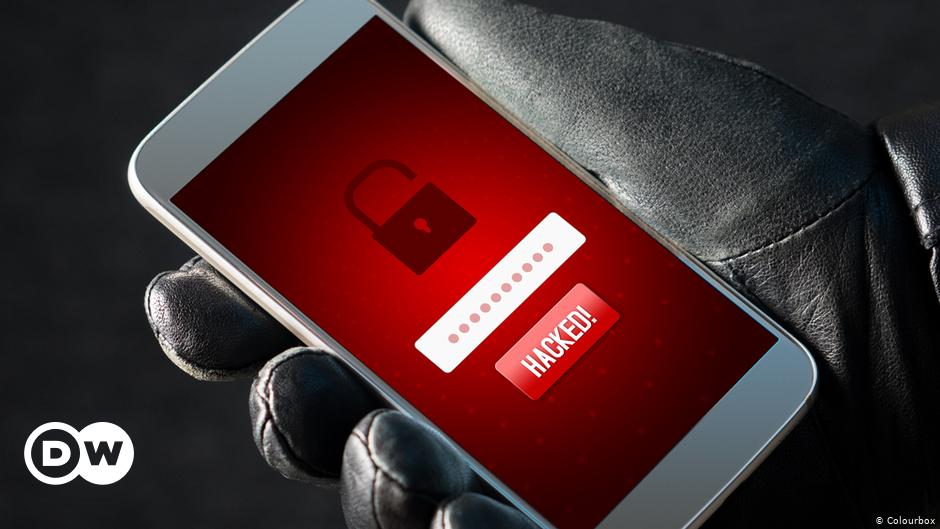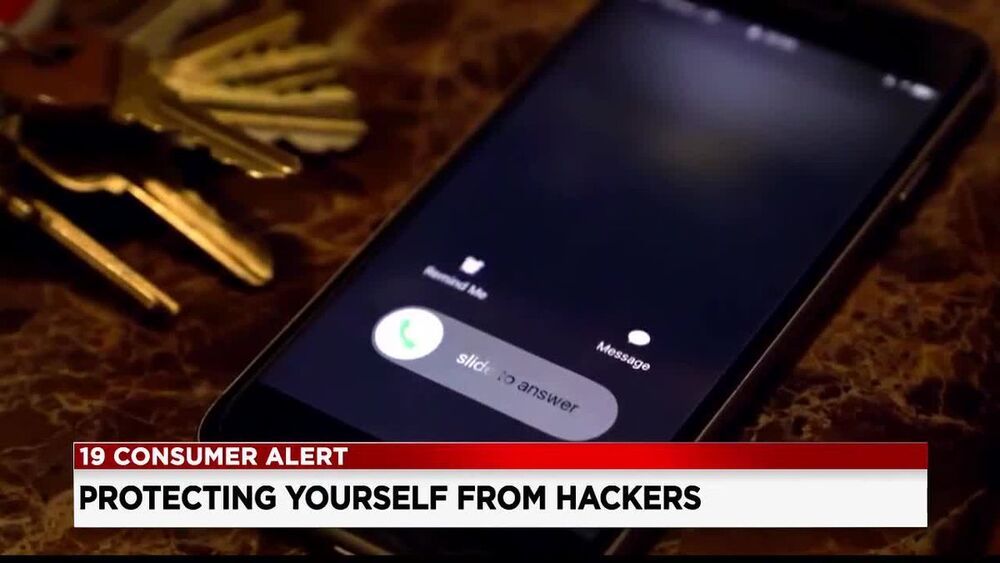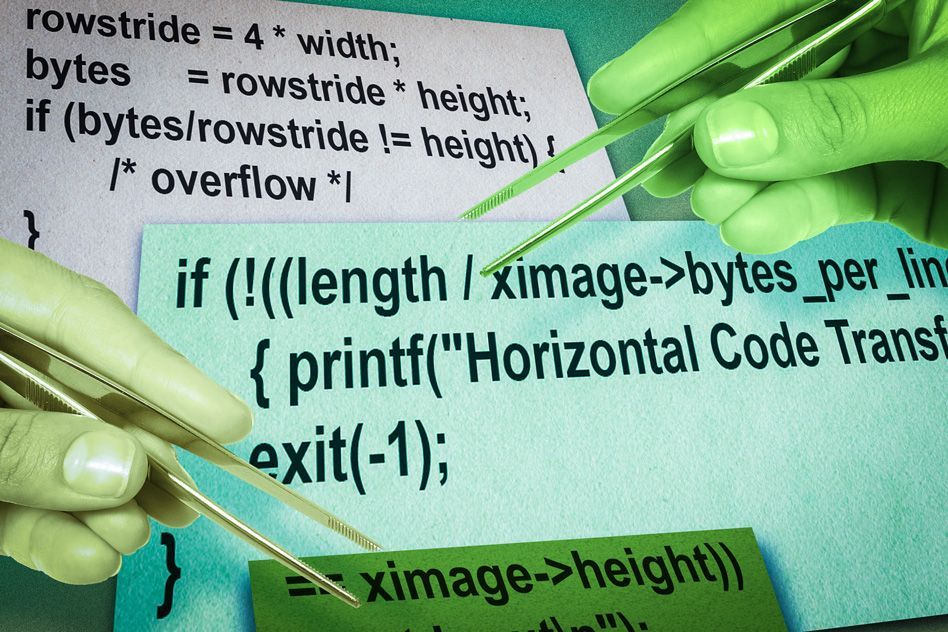Dec 16, 2020
US government confirms ‘significant’ hack 17.12.2020
Posted by Muhammad Furqan in categories: cybercrime/malcode, government
The US government has confirmed that a massive hack had occurred in at least two federal departments, including the US Treasury and the Department of Commerce.
Hackers were able to monitor internal emails at US federal departments, including the Treasury, for months. There is concern officials have only scratched the surface of understanding the hack’s effects.
















